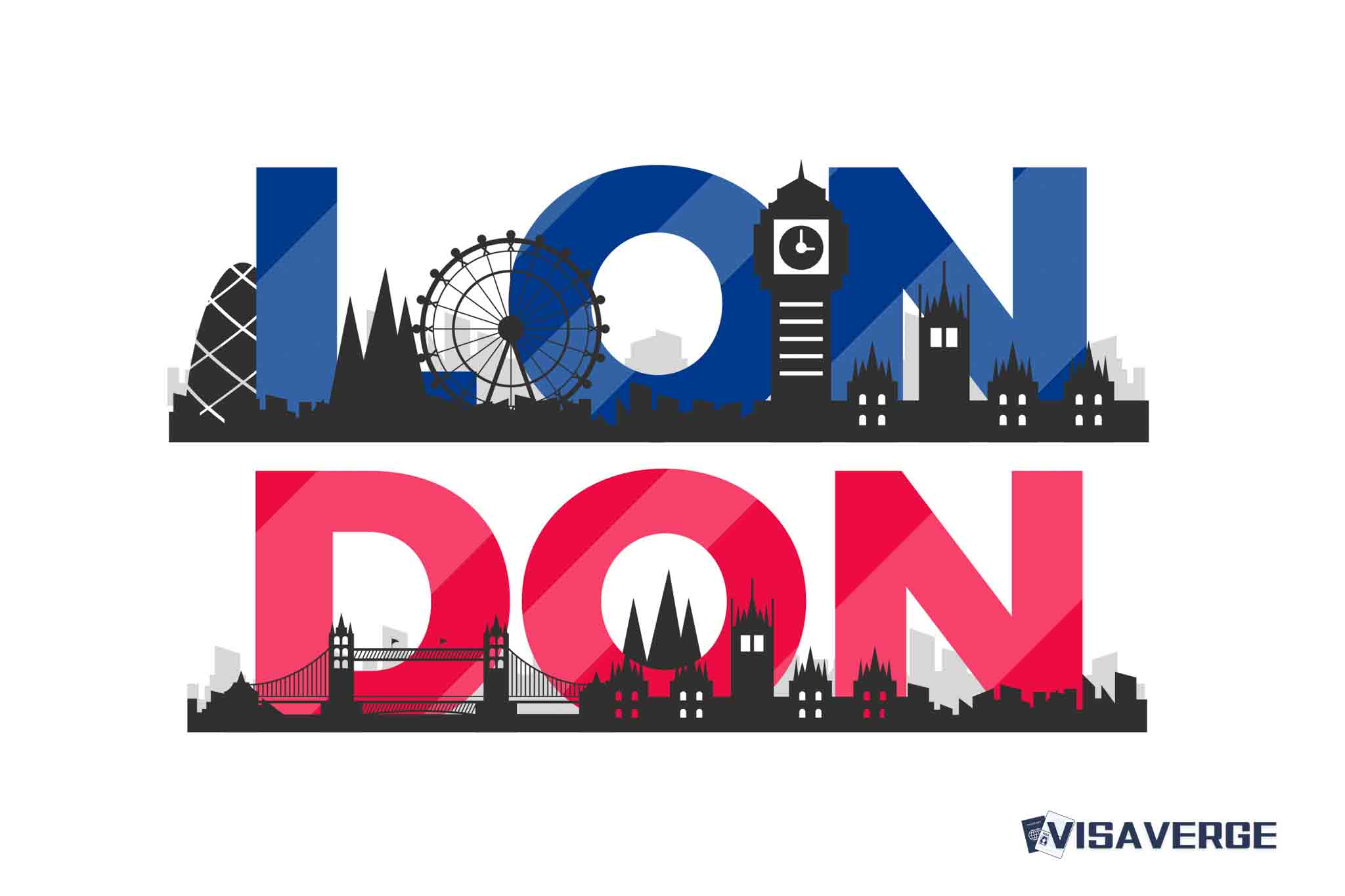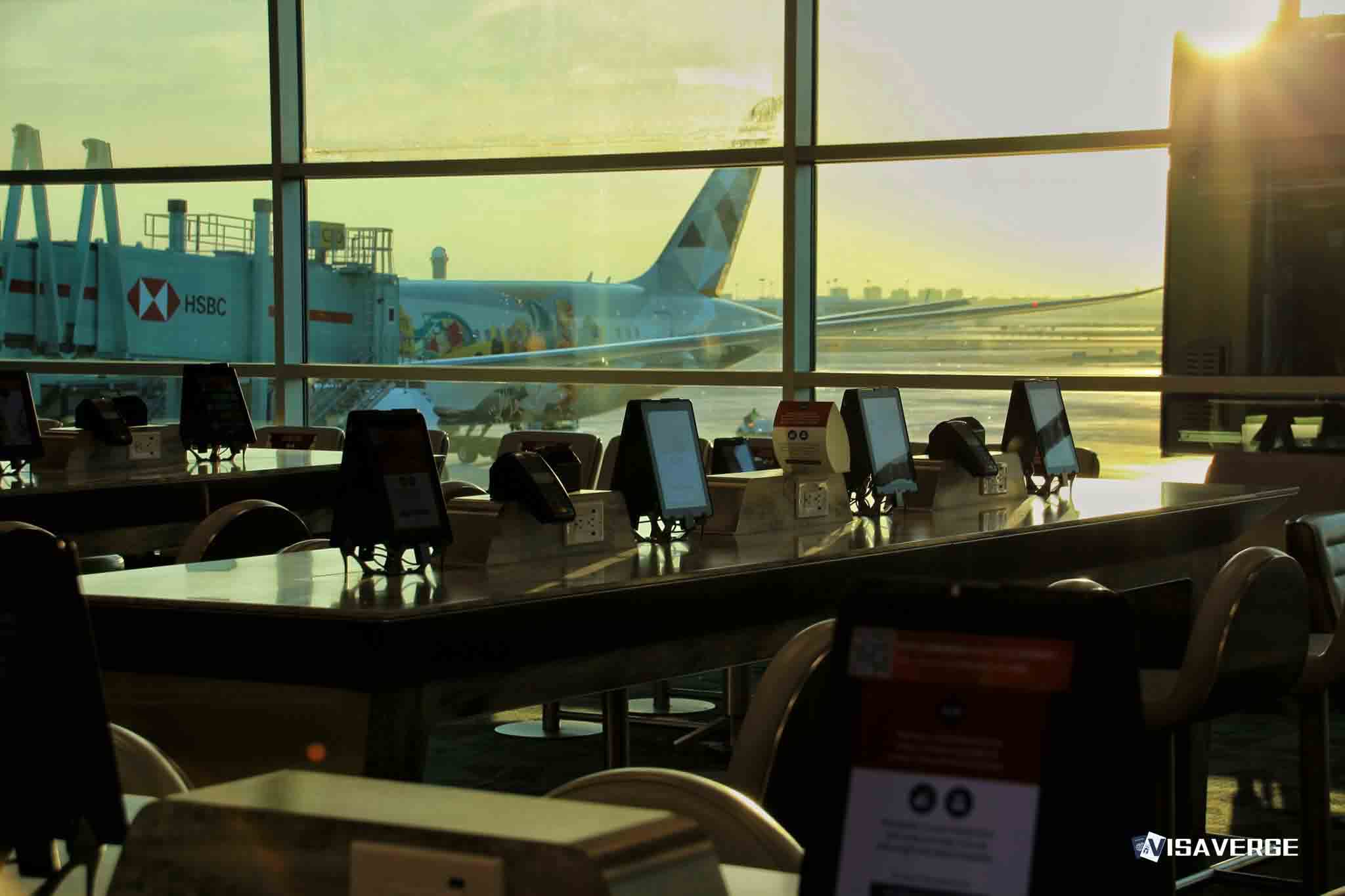Understanding UK Prescription Medication Regulations
When preparing to travel to the United Kingdom, understanding the guidelines on bringing prescribed drugs to the UK is essential. The UK has specific rules related to importing medication that both visitors and residents must adhere to. These rules ensure that the medications entering the country are safe and for genuine personal medical use.
What You Need to Know Before You Pack Your Prescription Medications
Prescription medications UK laws are stringent, for a good reason. They aim to prevent the misuse of drugs that can have powerful effects. As such, if you’re on prescribed medication and plan to visit the UK, here’s what you should know:
- A Valid Prescription: Always have a copy of your prescription from your healthcare provider. This prescription should detail your name, the medicine’s name, and the prescribed dosage. It serves as proof that the medication is intended for your use.
- Medication Limits: Generally, you’re allowed to bring medication in amounts sufficient for up to three months. For controlled drugs, the limit is usually up to one month’s supply. However, these limits can vary, so it’s crucial to check current guidelines.
-
Controlled Substances: Some medications fall under the category of controlled drugs in the UK. For these, additional legal requirements, including a personal license, may be necessary. You can find the list of controlled drugs on the official UK government website.

- Declare Your Medication: Upon arrival, be prepared to declare your medicines to UK Customs. Keep all medication in the original packaging to avoid delays.
Handling Controlled Drugs When Entering the UK
If your medication is classified as a controlled drug, you must be particularly diligent. You’ll need to:
- Apply for a personal license if you’re carrying more than the allowed quantity for your visit’s duration.
- Ensure the name on the prescription matches the name in your passport.
Travel Tips for Bringing Prescription Drugs to the UK
Here are additional tips to ensure a smooth entry into the UK with your prescribed medication:
- Consult with Embassy: Before traveling, get in touch with the UK embassy in your country to confirm the latest regulations.
- Pack Smart: Keep all medications in your carry-on luggage in case your checked luggage gets lost.
- Use a Pill Organizer: If using a pill organizer, also have the original packaging available to show to Customs.
Navigating UK Immigration as a Medication-Carrying Traveler
When it comes to UK immigration, being prepared is half the battle. Make sure to:
- Check Expiration Dates: Ensure all medications you’re carrying will not expire during your trip.
- Research Your Medication: Some over-the-counter medications in your country could be controlled in the UK, so do your homework beforehand.
By adhering to these guidelines, you can transit through UK borders with minimal hassle and ensure your health necessities are with you during your stay.
In conclusion, traveling with prescription medications to the UK requires careful planning and awareness of the rules. Always carry a valid prescription, adhere to quantity limits, and obtain the necessary permissions for controlled substances. Ahead of your travels, visit the UK Home Office website or consult with the UK embassy to stay informed. By doing so, you can assure a seamless experience at UK borders and throughout your visit.
Expert Insights
Did You Know?
- Immigration Increases Economic Growth: According to a study by the Organization for Economic Cooperation and Development (OECD), immigration has a positive impact on economic growth. It has been found that a 1% increase in the immigrant population can lead to a 2% increase in GDP per capita.
- Brain Gain through Immigration: Many countries benefit from the phenomenon known as “brain gain” through immigration. Highly skilled immigrants bring their knowledge, expertise, and innovation to their host countries, contributing to technological advancements and economic development.
-
Immigrants Launching Successful Businesses: Immigrants are often entrepreneurs, creating jobs and stimulating economic prosperity. In the United States, for example, immigrants are almost twice as likely to start businesses as native-born individuals. These immigrant-owned businesses add significant value to the economy.
-
Remittances and Economic Impact: Remittances, which are funds sent by immigrants to their home countries, play a crucial role in global economies. In 2020, remittances were estimated to be around $540 billion, exceeding foreign aid and being a vital source of income for many families and countries.
-
Voluntary Return Programs: Some countries implement voluntary return programs to assist immigrants who wish to return to their home countries. These programs provide necessary support, including financial assistance, job placement, and vocational training, to help immigrants reintegrate into their home communities successfully.
-
Dual Citizenship: Several countries allow for dual citizenship, meaning that individuals can hold citizenship in more than one country simultaneously. This practice is beneficial for immigrants who want to maintain their ties to their home countries while enjoying the benefits of their new nationality.
-
Asylum Seekers: Asylum seekers are individuals who flee their home countries due to fear of persecution or harm. They seek protection and refuge in another country. The United States, Germany, and France are among the top destinations for asylum seekers globally.
-
Language Diversity: Immigration enriches cultural landscapes, leading to diverse linguistic communities. For example, the United States does not have an official language, and over 300 languages are spoken across the country due to its history of immigration.
-
Immigrant Contributions to Science and Arts: Immigrants have made significant contributions to various fields, including science, technology, arts, and culture. Albert Einstein, a renowned physicist, was an immigrant who fled Nazi Germany and later became a US citizen.
-
Family Reunification: Family reunification, also known as family-based immigration, is a common pathway for individuals to join their family members who are already residing in another country. It is one of the main ways immigration supports the unity and well-being of families.
These intriguing facts about immigration shed light on its economic impact, cultural contributions, and the important role it plays in providing refuge and support for those in need. Exploring the diverse aspects of immigration enhances our understanding of its significance and the positive implications it has on society as a whole.
Learn today
Glossary
1. Bringing prescribed drugs to the UK: The act of carrying medication that has been prescribed by a healthcare provider from another country into the United Kingdom.
2. Prescription medications UK: Medications that have been prescribed by a healthcare provider to an individual who plans to visit or reside in the United Kingdom.
3. Valid Prescription: A document provided by a healthcare provider that includes the name of the individual, the name of the prescribed medication, and the prescribed dosage. This serves as proof that the medication is intended for personal use.
4. Medication Limits: The maximum quantity of medication that individuals are allowed to bring into the United Kingdom, generally limited to up to three months’ supply. For controlled drugs, the limit is usually up to one month’s supply.
5. Controlled Substances: Medications that are categorized as controlled drugs in the United Kingdom. These substances have additional legal requirements, and carrying them may require a personal license.
6. Personal License: A legal authorization obtained to carry controlled substances in quantities that exceed the standard limit for personal use during a visit to the United Kingdom.
7. Declare Your Medication: The process of informing UK Customs officers about the medication being carried upon arrival in the United Kingdom. This is done to comply with regulations and avoid delays.
8. Embassy: The diplomatic mission of a foreign country in another country, responsible for providing information and assistance to its citizens traveling to or residing in the host country.
9. Pill Organizer: A container or device used to organize and store pills, ensuring the medications are taken at the prescribed times.
10. Expiration Dates: The date specified on medication packaging or labels indicating when the medication is no longer considered effective or safe to use.
11. UK Home Office: The government department in charge of immigration, law and order, and security in the United Kingdom.
By understanding and adhering to these terms and concepts, individuals can navigate the process of bringing prescription medications to the United Kingdom while complying with the relevant regulations.
So, now you know the ins and outs of bringing your prescription meds to the UK! Remember to pack a valid prescription, stay within the allowed limits, and be extra careful if your meds are classified as controlled substances. If you want to dive deeper into this topic or explore other travel-related info, head on over to visaverge.com. Trust me, there’s a treasure trove of travel tips waiting for you there! Safe travels, my friend! ✈️🌍🌟 Check out more on visaverge.com.
FAQ’s to know:
FAQs: Understanding UK Prescription Medication Regulations
1. What are the guidelines for bringing prescription medications to the UK?
To bring prescribed drugs to the UK, you must adhere to specific guidelines. Always carry a valid prescription from your healthcare provider, ensuring it includes your name, the medication’s name, and the prescribed dosage. Additionally, check the medication limits, which generally allow up to three months’ supply, or one month’s supply for controlled drugs. It is crucial to keep all medication in its original packaging and be prepared to declare them to UK Customs upon arrival.
2. What should I know about controlled drugs when entering the UK?
Controlled drugs in the UK require extra attention. If you are carrying more than the allowed quantity for your visit’s duration, you need to apply for a personal license. It is also important to ensure that the name on the prescription matches the name in your passport to avoid any issues during immigration.
3. What are some travel tips for bringing prescription drugs to the UK?
To ensure a smooth entry into the UK with your prescribed medication, consult with the UK embassy in your country to confirm the latest regulations. Keep all medications in your carry-on luggage to avoid losing them if your checked luggage is misplaced. If you use a pill organizer, make sure to have the original packaging available to show to Customs.
Remember to check expiration dates and research your medication to avoid any surprises, as some over-the-counter medicines in your country may be classified as controlled drugs in the UK.
By following these guidelines and being prepared, you can navigate UK immigration smoothly and ensure your health necessities are with you during your stay.
What did you learn? Answer below to know:
-
True or False: When bringing prescribed medication to the UK, it is important to have a valid prescription that includes your name, the medicine’s name, and the prescribed dosage.
-
Which of the following is true about controlled drugs when entering the UK?
a) No additional legal requirements are necessary for controlled drugs.
b) Controlled drugs can be brought in unlimited quantities.
c) A personal license may be required for carrying controlled drugs exceeding the allowed quantity.
d) Controlled drugs are not allowed to be brought into the UK. -
What is one travel tip for bringing prescription drugs to the UK?
a) Dispose of any expired medications before your trip.
b) Keep all medications in your checked luggage.
c) Use a pill organizer and ensure the original packaging is available to show to Customs.
d) Pack medications in bulk to avoid running out during your visit.







